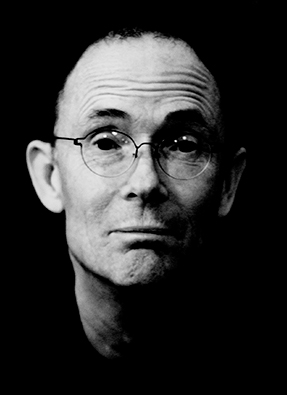In a previous post on the Scottish referendum, I touched upon another fact, that the people of Scotland, as well as Scots abroad were invigorated by the referendum. Excited to be part of the process, and the ability to take part and be involved.
http://bellacaledonia.org.uk/2015/01/24/i-want-what-you-want/
Iceland
http://nationalcollective.com/2014/07/31/crowdsourcing-democracy-who-will-write-scotlands-constitution/
Of course, Iceland has a very small population, which allows for greater buy-in to the political process, but with the internet age, there is no need for anyone to feel their vote does not count, as everything is up in the air in terms of what your vote actually means and counts towards. I am a supporter/follower of various ellectoral reform movements here in Canada and in the UK, but what they are pushing for in the main, has already been turned down by the electorate of the UK, and is not too high on the agenda here in Canada (although with the NDP being in opposition, at least it makes the papers sometimes). I feel that the move to various other voting systems is not going far enough. We are in a new era, and this requires that we keep up with the times...
One way that we can look to this, is Democracy OS.
http://www.ted.com/talks/pia_mancini_how_to_upgrade_democracy_for_the_internet_era
 The
downside? Well, we'd be giving the power more directly to the majority
of the people, and as we see time and time again, People are stupid!
The
downside? Well, we'd be giving the power more directly to the majority
of the people, and as we see time and time again, People are stupid!Also, there would be a more direct effect of media bias upon the voting public. Now, the mwdia can hold away over which part the population vote for to some extent, but under a system like this, every issue would be under the sway of the talking heads of convential media outlets, and we all know they are not an un-bias source of information.
Another point to keep in mind is that this relies on a degree of computer literacy, and access, which would, at the moment, limit the ability of some sectors of the public to vote. This is not a small issue, but it is one that will diminish with time.
But then I'm not saying it'd be a perfect system , nor one free from corruption, just a hell of a lot better than the one we have now, and it is what people are looking for, as across the globe, we see dissatisfaction with the status quo.
This year is an election year, both in the UK, and here in Canada.
I am now looking at how I can use this idea fully, by first looking to see if I can use it for any voting that we do in out local Trade Union. There's no reason why it should not be transposable to a smaller voting population afterall, and the more exposure these systems have to the public, and vice versa, the better they become.
This is not the only group to have come up with this idea, it is not new. A quick google search will provide a dozen other alternatives, but it is the future, and the sooner we get on board with this, the sooner we will have the democracy we deserve.
http://www.antipope.org/charlie/blog-static/2015/02/a-different-cluetrain.html



